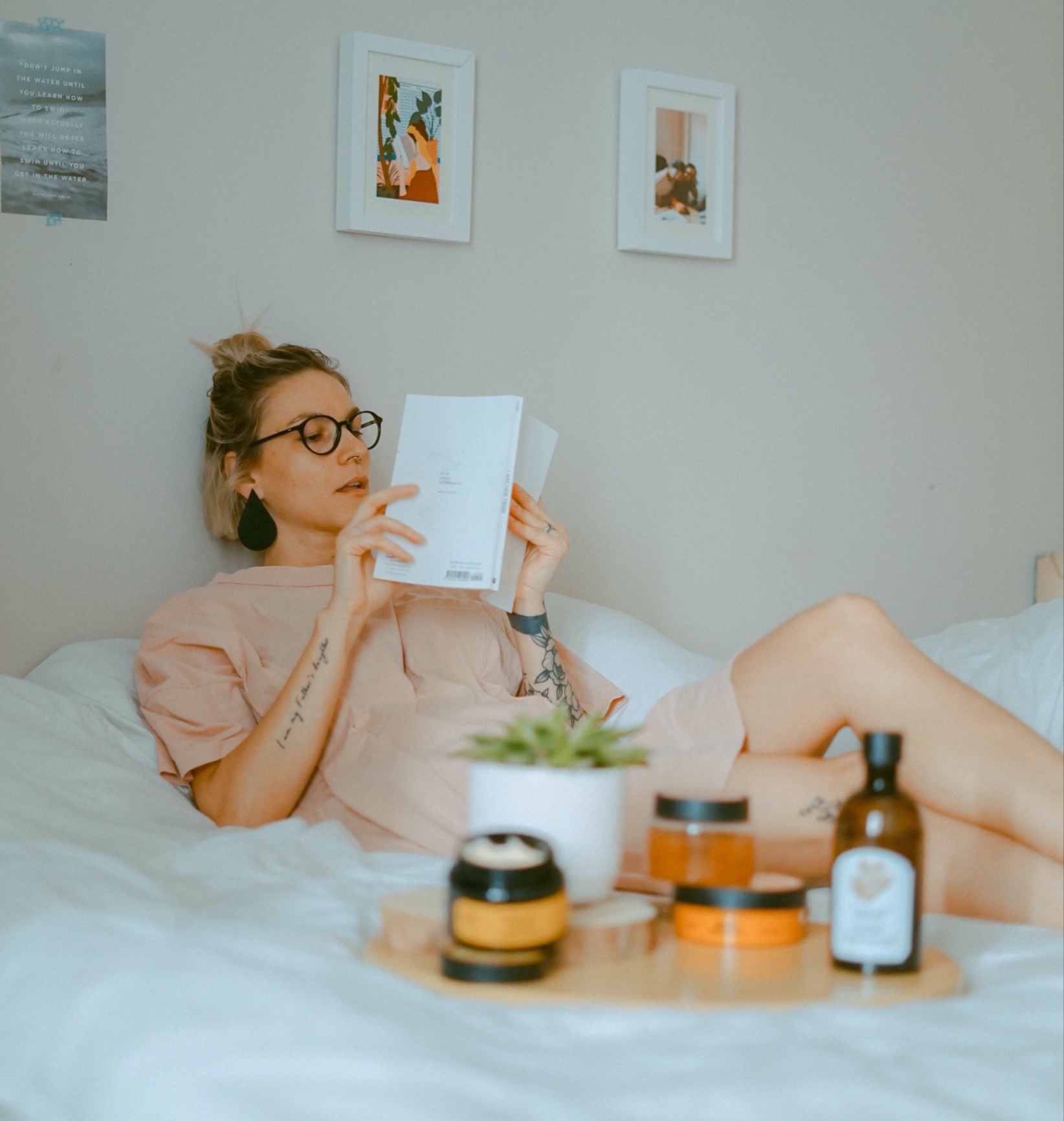3 Easy Ways to Start Practicing Self-Care Without Spending Loads of Time and Money

In today’s past-faced world, individuals often push self-care to the back burner as they view it as a tedious and expensive activity. However, in reality, self-care isn’t complicated or expensive, it only requires making small tweaks in everyday activities, which have a major positive impact on your mental and physical well-being. In this article by Soulful Relationships Psychotherapy, we’ll explore a host of practical and useful self-care strategies you can incorporate into your daily routine starting today.
1. Unplug From Social Media
While social media is a great platform for connecting with friends and staying on top of everything going on around you, these benefits only exist when it’s used in moderation. As reported by Help Guide, numerous medical studies have shown a direct link between social media use and increased levels of anxiety, depression, and other forms of mental health issues.
An effective strategy to moderate social media use is creating social media-free zones/periods in your home. For instance, the dining table and living room can be made a social media-free zone after 7 pm. This time can be used to socialize with friends, spend time with family or engage in activities that provide one a sense of fulfillment, such as yoga, exercise, or other hobbies.
Additionally, you can consider reading a book and practicing meditation or mindfulness activities, as they help train your mind to remain in the present moment and experience quietude.
2. Practice Gratitude
Another major drawback of social media is that it promotes FOMO (fear of missing out) among its users. As a result, individuals spend more time worrying about what they don’t have rather than appreciating things that they do, such as family, friends, etc.
Practicing gratitude is a powerful tool that can enhance your overall well-being and help develop a sense of contentment, which can effectively nullify the negative effects of social media use. The best way to practice gratitude is to start showing appreciation for those around you. For instance, you can create custom gratitude cards to be shared with friends and family, thanking them for their support and presence during times of need.
If you’re wondering how to make these cards, this tool can help you do that.
3. Prioritize Good Sleep
According to the CDC, adults require 7+ hours of sleep each night, however, most adults struggle to meet their threshold owing work or personal commitments. The amount of sleep one gets has an impact on cognitive skills, control over emotions, and overall well-being. For instance, poor sleep habits can lead to individuals feeling fatigued more often, experiencing irritable moods, and hampering their decision-making abilities.
Fixing your sleep schedule will require minor tweaks to your daily schedule. However, the key will be to remain consistent in order to form healthy habits. The first step will be to eliminate the use of electronics at least an hour before bed. This includes laptops, television, mobile phones, and more. Next, work towards creating a comfortable sleep environment.
This includes using room darkening shades to cut out any external light, setting your thermostat to a comfortable temperature, and using white noise or other audio cues to help your mind enter a relaxed state and fall asleep faster.
As explored in this article, self-care is about making small, intentional choices that have asignificant impact on your mental and physical health. By unplugging from social media,practicing gratitude, and prioritizing good sleep, you can incorporate self-care into your lifewithout sacrificing much time or money. This can be achieved by creating social media-freezones for the whole family and establishing consistent sleep patterns, as these are simple yetpowerful ways to enhance well-being. Additionally, designing custom gratitude cards is a greatway to overcome FOMO and create stronger personal relationships with those around you.
Blog contribution by Emma Grace Brown



